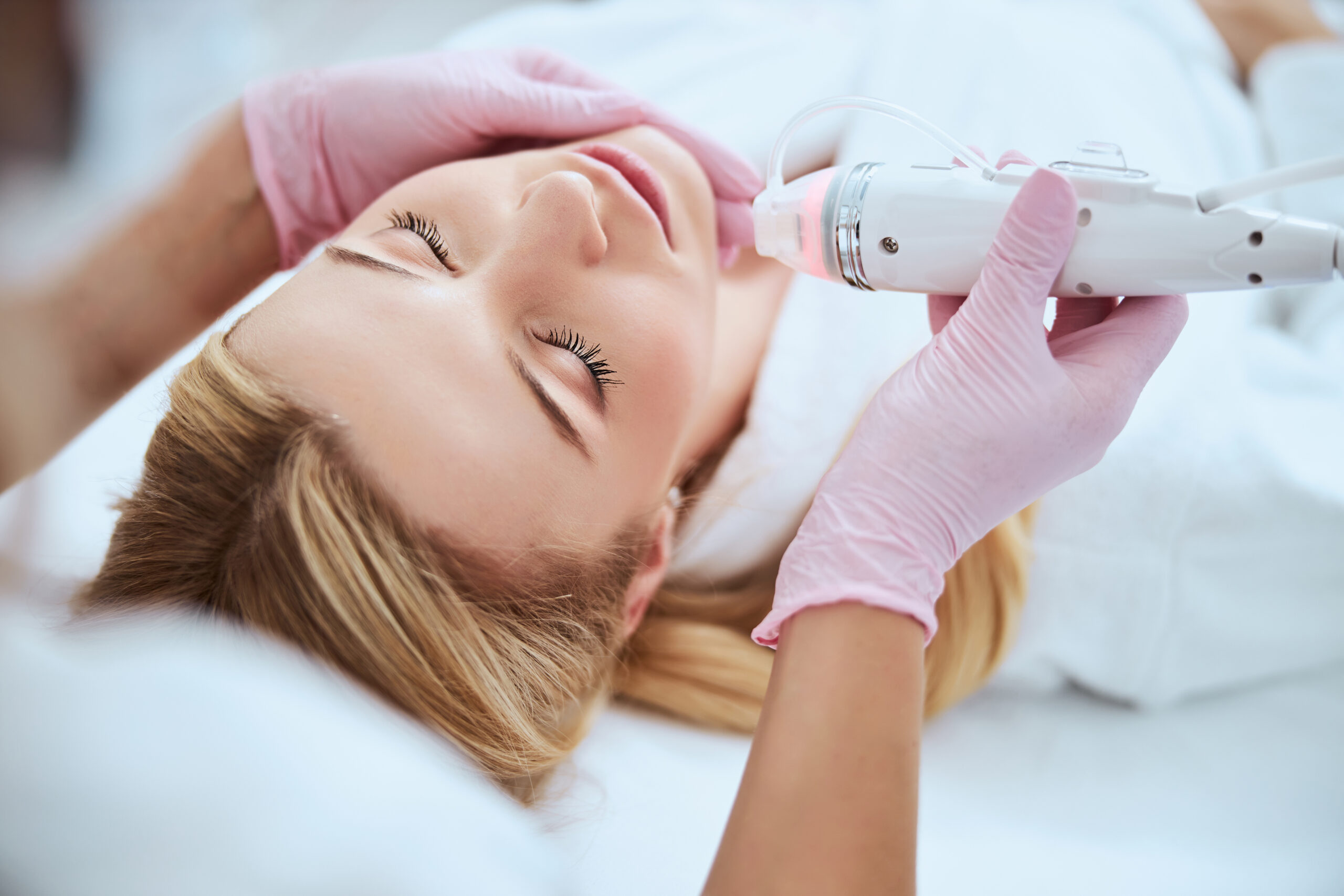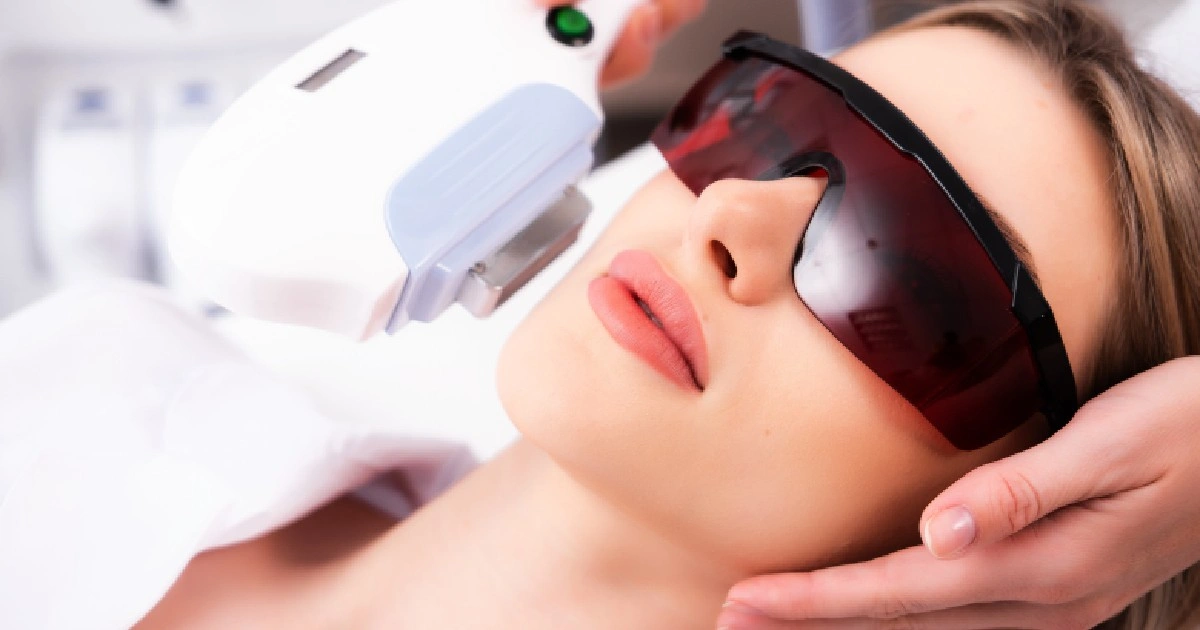

Estrogen, often hailed as the female hormone, plays a crucial role in the health and well-being of women. At Avanti Medical Center in Lehi, UT, we understand the multifaceted nature of estrogen and its significant impact on various aspects of women’s health. From its pivotal role in reproductive health to its influence on bone density, mood, and overall physical health, estrogen is more than just a hormone; it’s a key player in the intricate symphony of the female body. In this exploration, we unravel the complexities of estrogen, offering insights into how it shapes health outcomes and the importance of maintaining its delicate balance.
Estrogen is a group of steroid hormones that play an essential role in the development and regulation of the female reproductive system and secondary sex characteristics. Predominantly produced by the ovaries, estrogen is crucial in regulating menstrual cycles, maintaining pregnancy, and fostering the development of female physical features.
Estrogen is instrumental in the development and regulation of the female reproductive system. It governs the menstrual cycle, prepares the uterus for pregnancy, and supports the development of reproductive organs.
Estrogen plays a critical role in maintaining bone density. It helps absorb and utilize calcium, a vital mineral for bone strength. Estrogen deficiencies, often seen in postmenopausal women, can lead to weakened bones and conditions like osteoporosis.
This hormone also has protective effects on the heart and blood vessels. It aids in maintaining the flexibility of arteries, ensuring smooth blood flow, and helps in controlling cholesterol levels, reducing the risk of arterial plaque buildup.
Estrogen contributes to skin elasticity and moisture. It also affects hair growth, with changes in estrogen levels often leading to variations in hair texture and density.
Estrogen has been linked to mood regulation and cognitive functions, including memory. Fluctuations in estrogen levels can affect neurotransmitters in the brain, impacting mood and emotional well-being.
As women age and approach menopause, estrogen levels decline, leading to symptoms like hot flashes, night sweats, mood swings, and vaginal dryness. Hormone replacement therapy, which includes estrogen, is often used to alleviate these symptoms.
When estrogen levels are low in women, it can lead to a variety of physical and emotional symptoms and health issues due to the hormone’s wide-ranging impact on the female body. Here are some of the key effects:
Low estrogen can cause irregularities in the menstrual cycle. Periods may become lighter, less frequent, or even stop altogether, a condition known as amenorrhea.
For women approaching menopause, low estrogen is a natural part of the aging process and can result in typical menopausal symptoms like hot flashes, night sweats, and vaginal dryness.
Estrogen influences neurotransmitter systems in the brain, including serotonin and norepinephrine. Low levels can lead to mood swings, depression, and anxiety.
Estrogen helps maintain bone density. Lower levels of estrogen can accelerate bone loss, increasing the risk of osteoporosis and fractures.
Estrogen helps to keep the skin moist and collagen-rich. Low estrogen can lead to dry, thin skin and can also contribute to hair loss or thinning.
Estrogen helps to keep the tissues of the bladder and urethra healthy. A decline in estrogen can lead to urinary incontinence or increased urinary tract infections.
Low estrogen can lead to a decrease in libido and sexual desire. It can also cause discomfort during sex due to vaginal dryness and decreased vaginal elasticity.
Estrogen has a protective effect on heart health. Lower levels of estrogen after menopause can increase the risk of cardiovascular diseases, including heart attacks and strokes.
The decrease in estrogen levels can slow the metabolic rate, making it more challenging to maintain or lose weight. Additionally, hormonal changes often lead to an increase in abdominal fat, which is harder to lose and poses a greater health risk than fat in other body areas.
Low estrogen can disrupt the body’s sleep cycle, leading to issues like insomnia and restless sleep. These disturbances are often compounded by other menopausal symptoms, such as night sweats and hot flashes, which can interrupt sleep and reduce its overall quality.
At Avanti Medical Center, we specialize in helping you manage and restore your estrogen levels through bioidentical hormone replacement therapy (BHRT). Bioidentical hormones are chemically identical to those your body produces, offering a more natural and harmonious approach to hormone therapy.
Our BHRT treatments are customized to your unique hormonal needs, ensuring a balanced and effective solution to estrogen deficiencies. These therapies can alleviate symptoms associated with low estrogen levels, such as hot flashes, mood swings, and decreased bone density. By closely monitoring your hormonal balance and adjusting treatment as necessary, we aim to improve your overall quality of life and well-being.
At Avanti Medical Center in Lehi, UT, we understand the importance of balanced estrogen levels in women. That’s why we offer bioidentical hormone replacement therapy (BHRT) to help alleviate symptoms such as hot flashes, mood swings, and low sex drive. We are dedicated to providing personalized care and creating a treatment plan tailored to your needs. Don’t hesitate to contact us online or call (801) 691-7748 to schedule a consultation today and take the first step toward a healthier and happier you.









